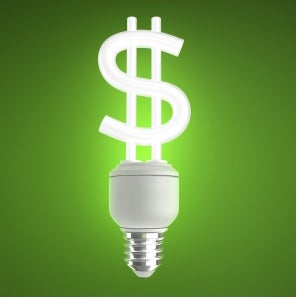Let’s Improve Texas’ Energy Efficiency Programs Instead Of Adding More Red Tape
Summer is upon us: in Austin on Monday the mercury hit 101 degrees, with the humidity it felt like 110; this can be compared to a historical average high of 92 degrees this time of year. This weather report won’t surprise anyone that follows global warming trends: according to a report earlier this week, Texas is one of the 10 fastest warming states in the U.S. Since 1970, average temperatures have risen 2.3 degrees in the Lone Star state. Rising temperatures mean rising demand and more stress on our already strained electric grid, so you would think the state would be focused on near term solutions for rising energy demand, specifically energy efficiency and conservation.

The timing couldn’t be better either: last year, the state of Texas passed legislation to increase and strengthen energy efficiency programs and the Public Utility Commission (PUC) is currently developing a new rule around that legislation. While this appears to be good news, some parts of the PUC’s proposed rule actually would hurt energy efficiency programs and decrease the effectiveness of current programs by adding unnecessary red tape and discouraging efficiency. At the same time, the PUC has contracted with outside consultants to ask citizens to turn up their thermostats during the hottest days of the summer. Such public appeals are commendable, but it doesn’t make sense to add red tape to proven programs that allow customers to reduce energy use without turning up their thermostats, while at the same time spending money on unproven programs that are difficult to verify.
At a PUC workshop last week, stakeholders voiced many of the concerns around proposed changes that would weaken energy efficiency programs. Most stakeholders seemed to agree that the PUC proposal creates new problems without resolving existing ones, like better monitoring of existing programs to ensure they are working. With temperatures rising and our electric grid already strained, we can’t afford those kinds of fixes. Given the broad stakeholder agreement, we hope the PUC will remember “if it ain’t broke, don’t fix it.”












